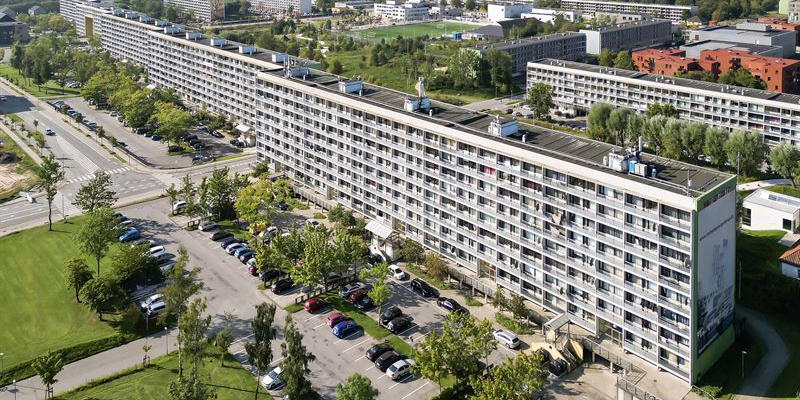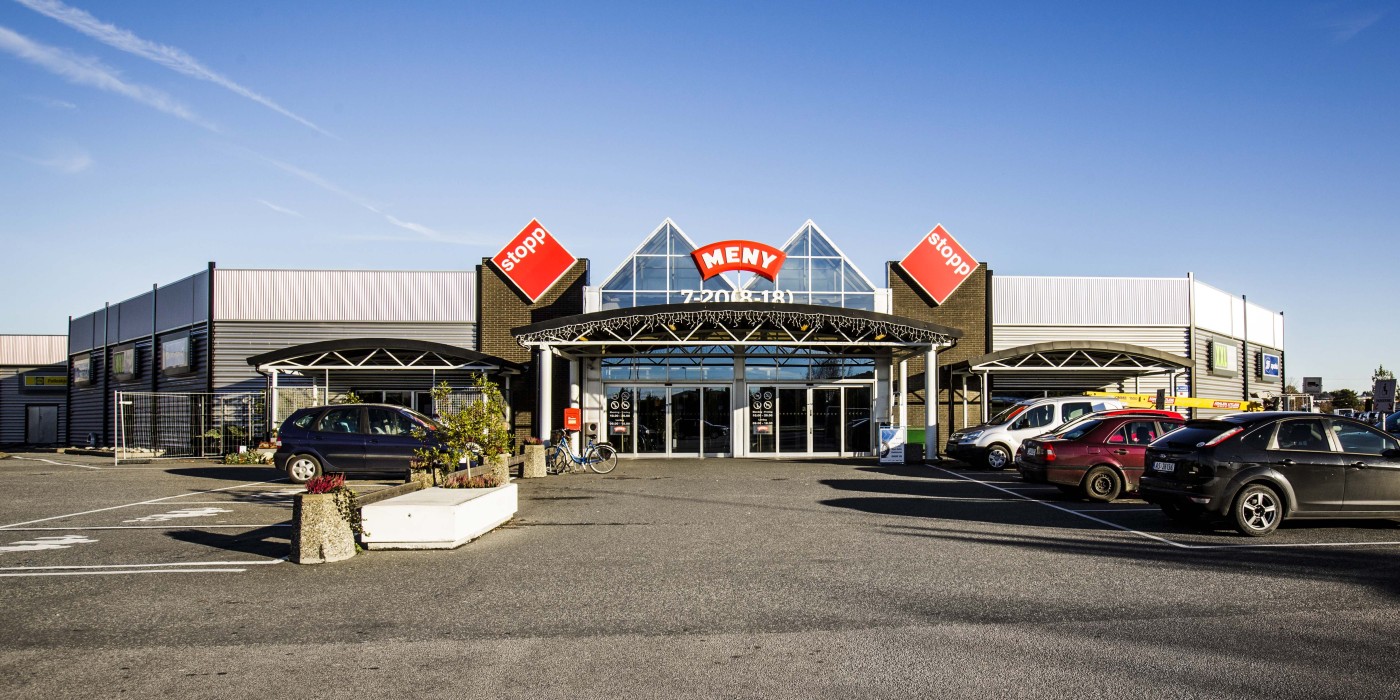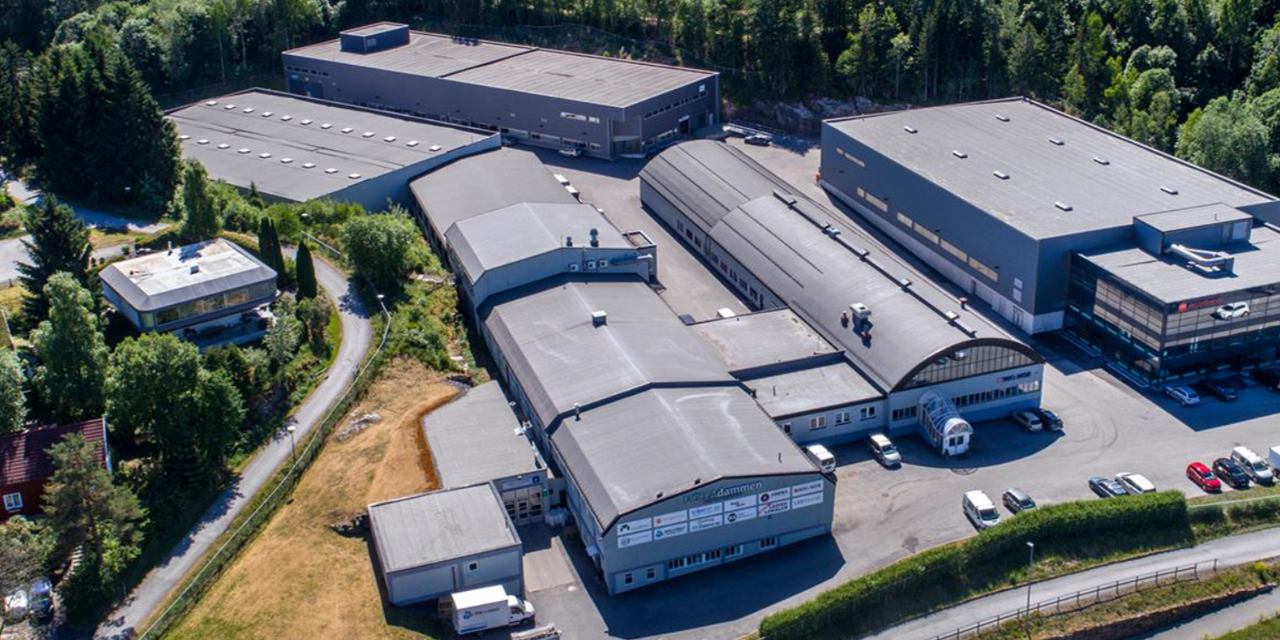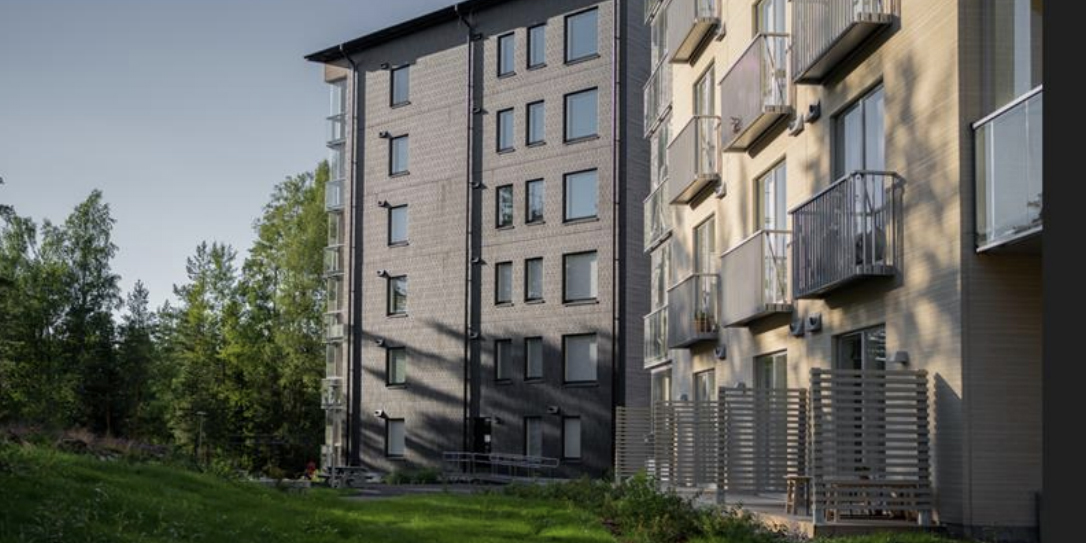Bonava is committed to reducing the company's direct carbon emissions with an absolute target of 50 percent, and reducing carbon emissions throughout the value chain with an intensity target of 50 percent per housing start by 2030 compared with the base year of 2018.
"To contribute towards limiting global warming, we now have science-based targets and are aiming for a drastic reduction in greenhouse gas emissions over the next decade. Sustainable and profitable residential production places high demands on change, and Bonava is set to challenge the industry by imposing rigorous requirements," says Joachim Hallengren, President and CEO of Bonava.
Over the past two years, Bonava has studied the company's direct and indirect climate impact. As a means of achieving the objectives, the company will maximize resource efficiency and move towards a circular production model. This will include developing new, innovative working practices and material choices. Other necessary steps are the sustainable use of land and a transition to renewable energy and renewable fuel across the value chain.
The Science Based Targets initiative is a joint venture between the Carbon Disclosure Project (CDP), the UN Global Compact (UNGC), the World Resources Institute (WRI) and the World Wide Fund For Nature (WWF). Science Based Targets is a scientific methodology that ensures a company's targets are in line with what science tells us is required to achieve the targets in the global climate agreement signed in Paris.


 All Nordics
All Nordics
 Sweden
Sweden
 Denmark
Denmark
 Finland
Finland
 Norway
Norway






















